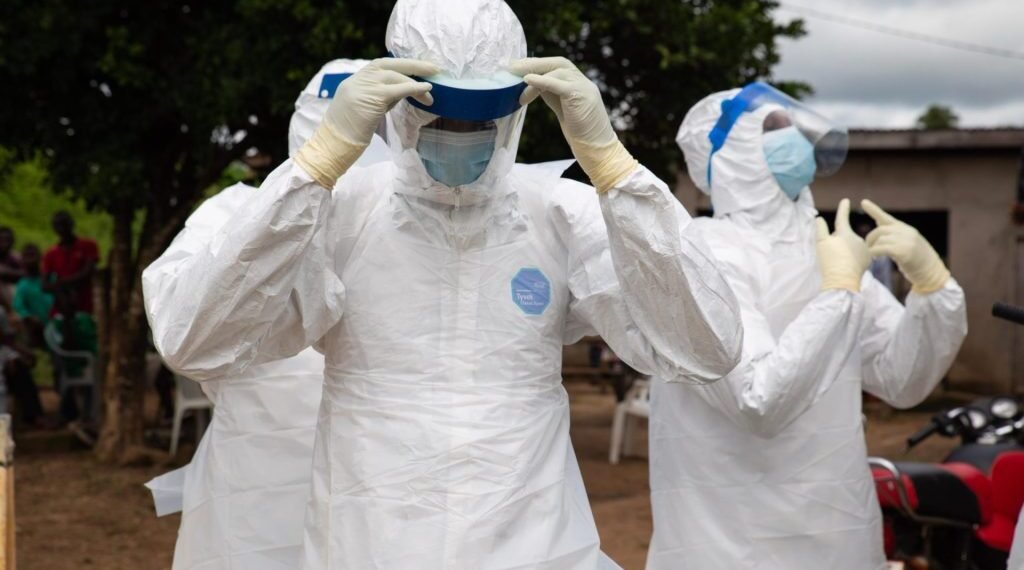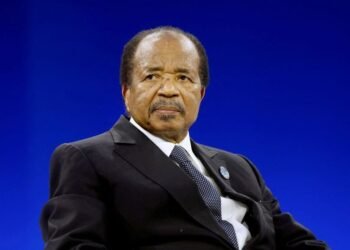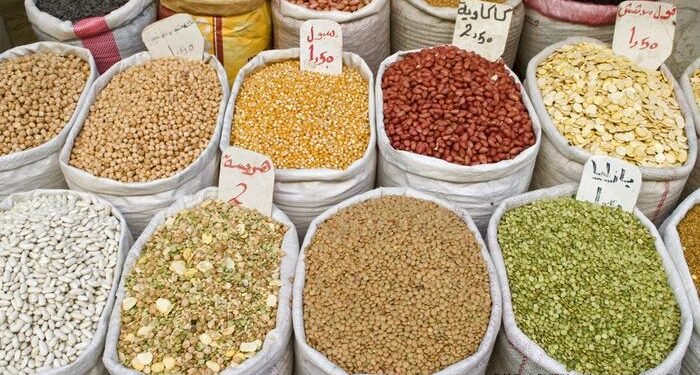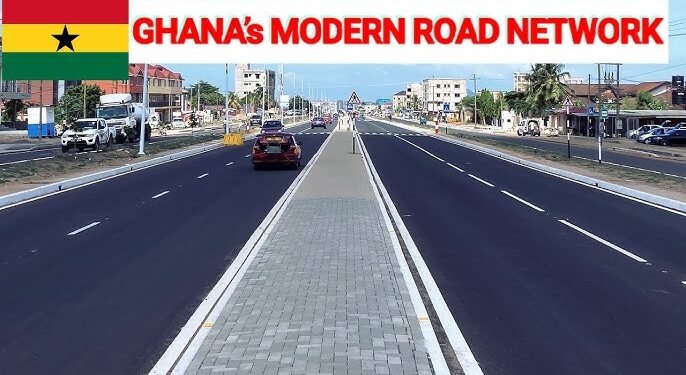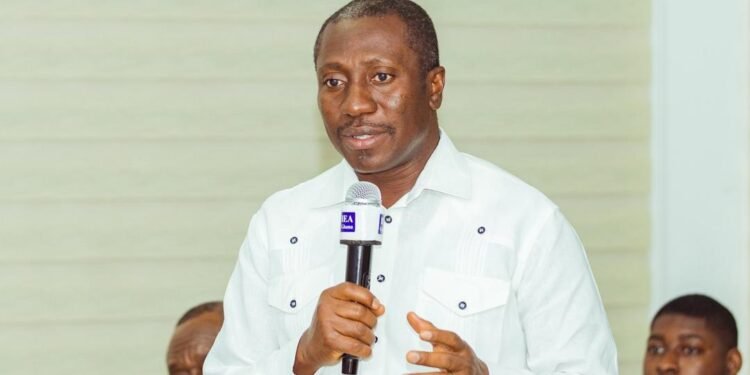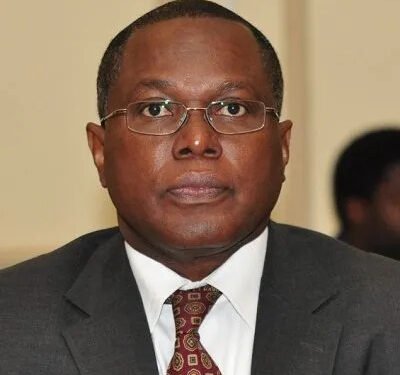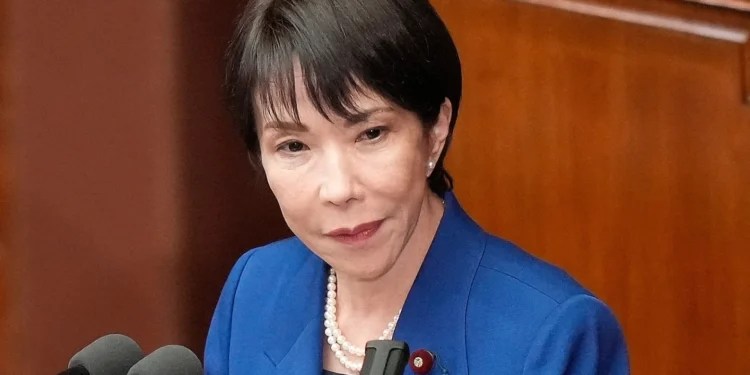Communities in Kasai Province of the Democratic Republic of Congo have set up checkpoints in an attempt to contain the spread of Ebola, officials confirmed this week, as aid agencies warned of underfunded response efforts.
The Ministry of Health last week declared Congo’s first Ebola outbreak in three years, recording 28 suspected cases and 15 deaths. This marks the first time the virus has struck Kasai since 2008, reigniting fears in a region with limited health infrastructure.
Authorities placed Kasai’s Bulape zone, where the first case was reported, under confinement. A statement by the provincial governor said multiple checkpoints had been erected to restrict residents from moving in and out of the area.
“The problem is that we’re afraid that the movement of people from Bulape could lead to contamination in other communities,” explained Francois Mingambengele, administrator of Mweka territory, which includes Bulape. “Some are going into the bush to hide. It’s a crisis, and cases are multiplying.”
According to Mingambengele, 51 suspected cases and 18 deaths have already been recorded. However, the health ministry in Kinshasa reported 32 suspected cases, 20 confirmed cases, and 16 deaths in its latest update.
Aid Groups Warn Of Funding Shortfall
The World Health Organization (WHO) announced that Congo has reserves of treatments as well as 2,000 doses of the Ervebo vaccine ready for deployment to Kasai, targeting frontline workers and those in direct contact with confirmed cases.

However, international relief groups fear the country may struggle to mount a robust response due to funding gaps. Aid officials say recent cuts to foreign assistance, including the dismantling of the U.S. Agency for International Development (USAID) under President Donald Trump, are leaving critical gaps in support.
“Alongside other partners, USAID has established itself as a key pillar. This withdrawal will undoubtedly leave a void that will be difficult to fill,” one aid worker in Congo said, speaking anonymously to avoid reprisals.
Save the Children also raised an alarm over reduced financial resources. “The reduction in immediately available funds from key donors is already making it more challenging to respond quickly and reach the communities that need help,” noted Greg Ramm, the organisation’s country director.
Since the Ebola virus was first identified in 1976 near the Ebola River, Congo has remained at the heart of global outbreaks, enduring 16 in total. These episodes have varied in intensity, with the average fatality rate at around 50%, though some surges proved even deadlier.
In 2017, an outbreak with 69 reported cases led to 49 deaths, a fatality rate of 71%. The crisis from 2018 to 2020 in North Kivu and Ituri provinces became the second-largest Ebola outbreak on record, with more than 3,470 cases and about 2,287 deaths. Insecurity and armed conflict in those regions made containment efforts even more difficult.
The current outbreak in Kasai, declared in 2025, has already claimed 15 lives out of 28 suspected cases, underscoring how fragile Congo’s health system remains when confronted with Ebola. Health experts continue to stress the urgency of preventive measures, international solidarity, and rapid response to prevent a wider spread.
As checkpoints multiply and residents hide in fear, Congo once again finds itself in a race against time to control the virus. The challenge is not only medical but also financial, as global donors weigh their commitments against competing crises.
READ ALSO: Israel Sends Message With Assault On Qatar

